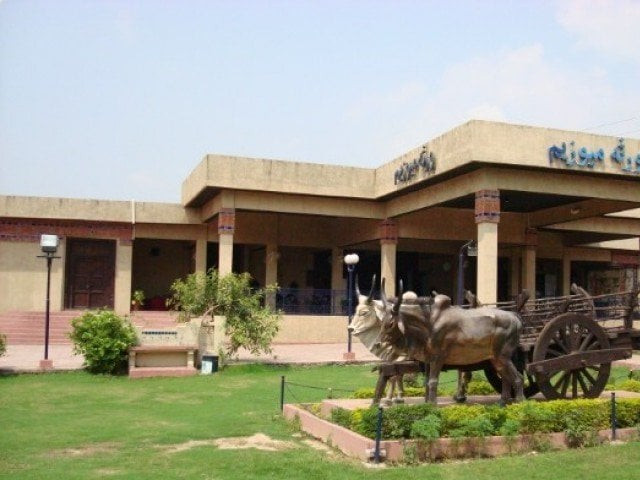
This was suggested by speakers at a discussion on ‘Dying Folk Festivals of Punjab’ at the Lok Virsa on Friday.
Speakers said the vibrant culture of Punjab found itself divided between India and Pakistan after Partition. With each side choosing its priorities in national heroes, often with a religious undertone and with religion providing a more overt direction, some cultural traditions were abandoned after being termed apostate.
Govt plans to set up Pakistan Park at Quaid's Mausoleum
These included festivals such as Lohri and Besakhi, which were no longer celebrated in Punjab, even though they had little to do with religion.
Historian and poet Iqbal Qaiser said festivals and melas used to be celebrated with great zeal in Punjab. Some of these had vanished completely while others were slowly fading away.
He said festivals used to be platforms for connecting connected to land, languages and the seasons, but were later associated with religions.
“Lohri was a seasonal festival; it was not associated with any specific community or religion,” Qaiser said.
“It was considered to be the mother of festivals in Punjab and was marked at the end of winter and before the coming of spring and the new year,” he recalled, explaining “People used to gather and light a fire at night, gossip would be shared, folk songs were sung and traditional dances performed.”
Film screening at Lok Virsa
Qaiser also criticised the role of modern technology in damaging cultural traditions, adding that the once strong ties between people had weakened, making them more isolated.
The Baisakhi Mela, he said, was now limited to Sikhs who celebrate it in their ancient city of in Hassanabdal near Taxila. His comments came as Sikh yatrees from across the world arrived to celebrate Baisakhi.
Columnist Kalyan Singh Kalyan talked about the role of women in the region.
Describing the Sawan Festival, Kalyan said that women would stay at the home of their parents for a month during the festival where they were free to visit their friends, go out to eat and fully enjoy their time.
He said diminishing culture was responsible for the unrest in people’s lives.
“This is our own weaknesses that we could not stand against the change and left our culture far behind.
“Literature and poetry are the only means to connect our young generation without culture and this is the only way to promote peace in the region and world,” he said.
Writer and poet Ahmed Salim recalled his memories with Faiz Ahmed Faiz when they began documenting folk tales and the colourful culture of Punjab in 1972.
He said the season of harvesting wheat was like a festival in Punjab, during which people of all castes and creeds would work together in a single field irrespective of who owned it, and then moved on to the next field when they were finished. Toiling under the sun, folk music would fuel their spirit.
Along with other traditional festivals, speakers also discussed Pehlwani and Basant, two major cultural traditions from Punjab which, under onslaught from various quarters, are fading fast and in dire need of attention from the concerned departments.
Published in The Express Tribune, April 14th, 2018.


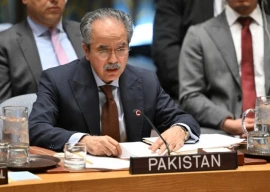
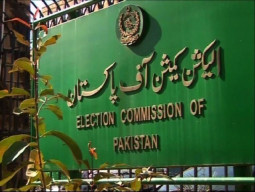


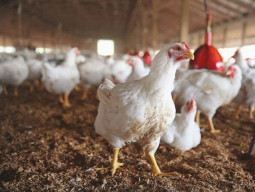




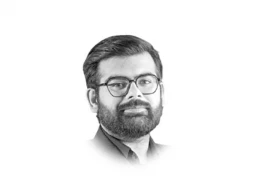


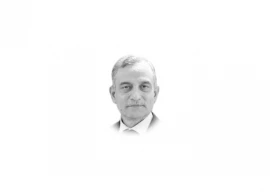



COMMENTS
Comments are moderated and generally will be posted if they are on-topic and not abusive.
For more information, please see our Comments FAQ